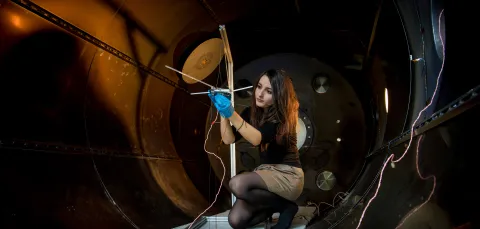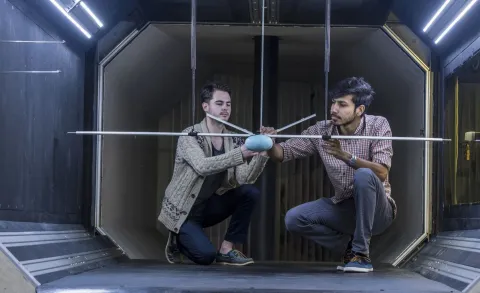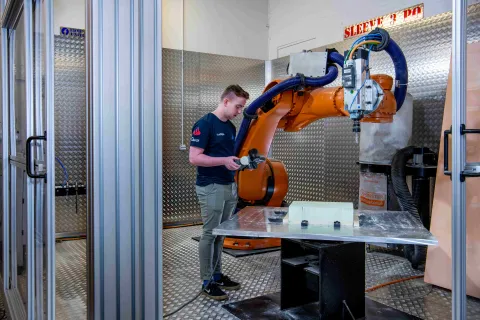About this course
Our unique MSc Race Car Aerodynamics degree is recognised as a world-leading course for those wanting to enter Formula 1 as aerodynamicists and computational fluid dynamics engineers. It will enhance your knowledge of the fundamentals of aerodynamics and your skills in the analysis, modelling and measurement of turbulent flows associated with high-performance race cars.
This course is ideal if you:
- are from an engineering, scientific or maths backgrounds
- have some experience of fluid dynamics
- want to specialise in aerodynamics for high-performance vehicles
You’ll take part in individual and group practical work as well as a critical research project, developing your expertise in race car design, and learn to evaluate and apply experimental aerodynamic concepts.
You’ll also learn advanced computational fluid dynamics and numerical procedures to counteract problems that may occur in the design process.
You’ll benefit from state-of-the-art facilities including high-performance computers and the RJ Mitchell Wind Tunnel, the largest university wind tunnel in the UK.
Recent graduates have gone on to work in Formula One teams such as Mercedes-AMG Petronas Motorsport and Racing Point Force India.
We regularly review our courses to ensure and improve quality. This course may be revised as a result of this. Any revision will be balanced against the requirement that the student should receive the educational service expected. Find out why, when, and how we might make changes.
Our courses are regulated in England by the Office for Students (OfS).
Course lead
Dr Susmita Naskar is your course leader. Visit Dr Susmita Naskar staff profile to learn more about her work.
Accreditations
This master's programme is accredited by the Royal Aeronautical Society (RAeS) and the Institution of Mechanical Engineers (IMechE) as meeting the academic requirement for Further Learning for Chartered Engineer registration. Candidates must hold a BEng/BSc undergraduate first degree that is accredited for Chartered Engineer (CEng) registration to comply with full CEng registration requirements.
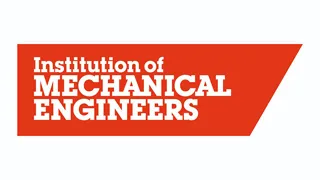
Institution of Mechanical Engineers (IMechE)
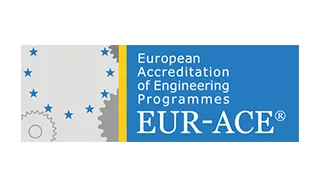
European Accreditation of Engineering Programmes (EAEP)
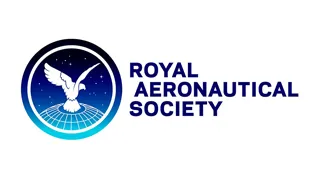
Royal Aeronautical Society (RAeS)
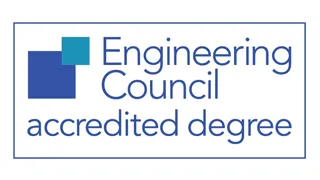
Engineering Council
Course locations
This course is based at Highfield and Boldrewood.
Awarding body
This qualification is awarded by the University of Southampton.
Download the Course Description Document
The Course Description Document details your course overview, your course structure and how your course is taught and assessed.
